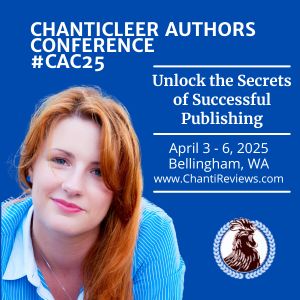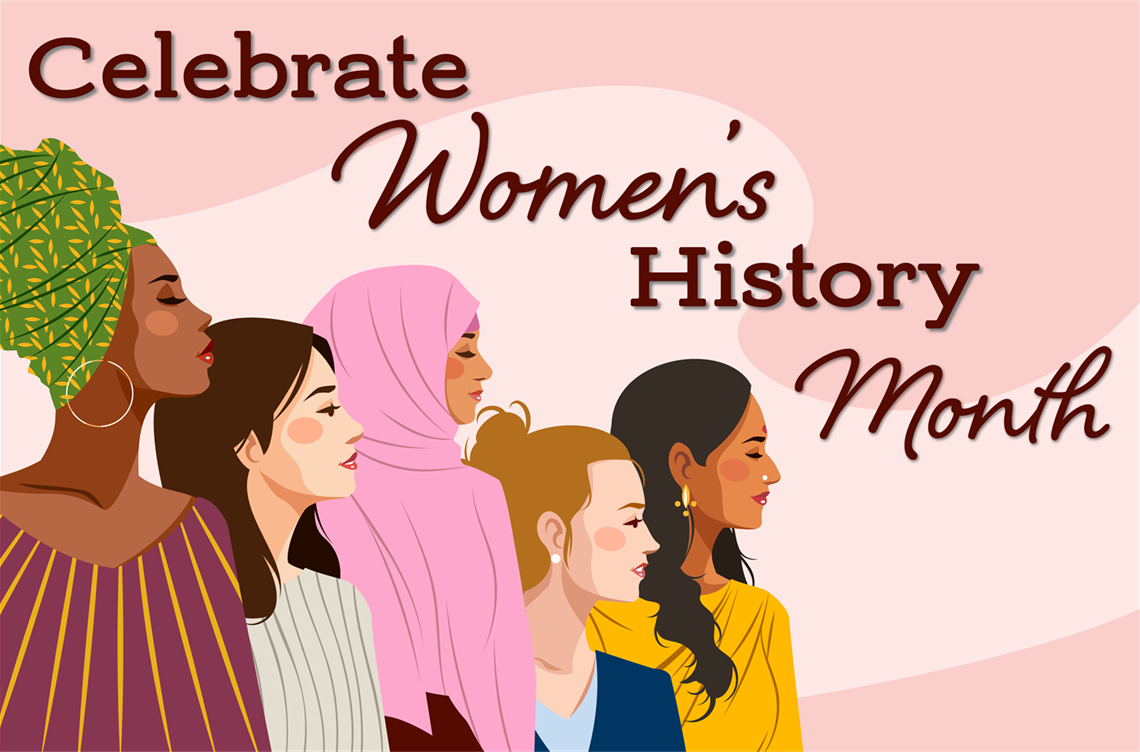|
Listen to or download this article:
|

Happy Birthday Goethe!
We’re delighted to celebrate Johann Wolfgang von Goethe’s birthday! Check out these awesome events that happened during Goethe’s Lifetime!
- 1750 – The Industrial Revolution began in England
- 1756 – Wolfgang Amadeus Mozart was born in Salzburg, Austria
- 1761 – The problem of calculating longitude while at sea was solved by John Harrison
- 1765 – James Watts perfects the steam engine
- 1770 – Ludwig van Beethoven was born in Bonn, Germany
- 1774 – Goethe’s romantic novel, The Sorrows of Young Werther, propels him into European fame
- 1774 – Goethe’s play Gotz von Berlichingen, a definitive work of Sturm und Drang premiers in Berlin
- 1776 – America’s 13 Colonies declare independence from England. Battles ensue.
- 1776 – Adam Smith publishes the Wealth of Nations (the foundation of the modern theory of economics)
- 1776 – The Boulton and Watt steam engines were put to use ushering in the Industrial Revolution
- 1783 – The Hot Air Balloon was invented by the Montgolfier brothers in France.
- 1786 – Le Nozze di Figaro by Mozart premiered in Vienna
- 1789 – George Washington is elected the first president of the United States of America
- 1780 – Antoine Lavoisier discovers the Law of Conservation of Mass
- 1789 – The French Revolution started in Bastille
- 1791 – Thomas Paine publishes The Rights of Man
- 1792 – Napoleon begins his march to conquer Europe
- 1799 – Rosetta Stone discovered in Egypt
- 1802 – Beethoven created and performed The Moonlight Sonata
- 1802 – A child’s workday is limited to twelve hours per day by the British parliament when they pass their first Factory Act
- 1804 – Napoleon has himself proclaimed Emperor of France
- 1808 – Atomic Theory paper published by John Dalton
- 1811 – Italian chemist Amedeo Avogadro publishes a hypothesis, about the number of molecules in gases, that becomes known as Avogadro’s Law
- 1811 – Jane Austen’s Sense and Sensibility was published anonymously. It was critically well-received
- 1814 – Steam driven printing press was invented which allowed newspapers to become more common
- 1818 – Mary Shelley publishes Frankenstein
- 1832 – Goethe’s Faust, Parts 1 & 2 are published posthumously (March 22, 1832)
You asked, we listened

We tend to be a little more high tech at Chanticleer
New Deadline for the Goethe Awards: September 30, 2024
At the request of both our Authors and our Readers we have moved the closing date of the Goethe Awards to September 30, 2024!
This pairs it with its Historical Fiction partner the Chaucer Award. As we settle into this new schedule, we’re hearing great feedback from authors regarding the best times for them to submit their work. This depends on conferences and workshops (many of which are genre specific) where they can regularly receive feedback and writing retreats that allow them to finish their manuscripts.
Thank you to everyone who reaches out and makes our Awards a success every year!
Chaucer is the older brother of sorts to the other Historical Fiction divisions. Awhile back we got so many submissions to Chaucer, we had to split them up to judge them all properly. So now, Chaucer is Pre-1750 and Goethe is Post-1750.
Why do we like Johann Wolfgang von Goethe so very much? It’s simple! He’s the guy who wrapped up everything we believe in with this simple sentence:
“Whatever you can do or dream, you can begin it. Boldness has genius, power, and magic in it.” – Goethe
A great mantra for writers, don’t you think!
Why 1750?
Well, many historians see that time as the start of the Early Modern Age. With Revolutions the world over, and Governmental Changes moving away from Monarchies and constitutions giving the normal people rights, not just the wealthy. And at the same time, the Industrial Revolution and Age of Enlightenment.
The Goethe Award is named for Johann Wolfgang Von Goethe, famed German writer, scientist and polymath. Seen on the badge for this award, in a portrait of him in around 1775

Goethe in 1828, painted by Joseph Karl Stieler
We chose Goethe as the namesake for this award not only because we are fans of his writing. Born in 1749, his lifetime saw some of the biggest events and technological advances. Both the American and French Revolutions, the start of the Industrial Revolution in England (which started in about 1750), the invention of Steam Engines, and some of the most influential written works of history. As such, he embodies the era of Historical Fiction this award covers and beyond.
Here are some great books set during the time of the Goethe Awards!
THE SPOON: The Story of Two Families’ Survival of the Hungarian Revolution
By Lisa Voelker
Goethe Awards First Place Winner

Lisa Voelker’s historical fiction novel, The Spoon, takes us back to the 1950s in Hungary during the daring student uprising, and attempted revolution, in Buda and Pest. The author weaves historical facts with fiction in the form of family lore that has been handed down for generations.
We follow scores of people whose lives intersected during this uprising of 1956. The revolution was, at its inception, a time of joyous upheaval, but in less than two weeks became one of devastating dissolution. People fled Hungary by the thousands, but not before giving the Soviet Union a taste of their discontent.
Voelker introduces Rebeka, a member of the Varga family with old ties to the bourgeoisie, who lived a life of privilege on a farm east of Buda and Pest. As well as Peter, a member of the Turea family who attends Budapest Technical University, where students began demonstrating against the Hungarian Government that was under Soviet control.
EVERYTHING WE HAD: No Merciful War Book 1
By Tom Burkhalter
Series Awards First Place

Everything We Had, book one of Tom Burkhalter’s No Merciful War series is an inexorable thrill that will grip readers tight. It starts with a poker game, through which a main character’s luck soon becomes evident. But will that luck hold out?
Jack—the poker player—and Charlie—Jack’s older brother—have been separated by war, even though that war has yet to be declared. Everything We Had focuses more on the machinations leading up to US involvement in World War II than on actual combat. The gears of war that have so many young men caught in them move with gradual but inevitable force, and so Everything We Had takes a more thoughtful approach to a historic moment in time.
Connecting with the characters is a gradual process as you get to know the intricacies that make up their individual personalities. This sets the reader up to feel the emotions of the characters as they face an uncertain fate, and throughout the book the author’s clear and methodical research shines with details such as specific views, locations, and—most notably—comprehensive descriptions of the airplanes Jack and Charlie pilot. This allows the reader to become deeply familiar with the motivations of the characters and the capabilities of the airplanes they fly.
A SONG THAT NEVER ENDS: Hamilton Place Book 1
By Mark A. Gibson
Series Awards First Place

A Song That Never Ends, the first volume of a two part series by Mark A. Gibson, opens a dramatic fictional saga of the Hamilton family from the late 1930s Depression era, to 1967 and the Vietnam conflict. Here against the backdrop of a South Carolina tobacco farm, we come to witness a family in turmoil.
The calm and reserved Walter Hamilton and his rebellious, impulsive wife Maggie strive to build a life and raise a family. But the couple is tested by a series of misfortunes—miscarriages and stillbirths, and Walter’s enlistment during WWII leaving him with guilt-induced PTSD as he deals with the memory of fallen comrades.
At the center of this heartfelt story is James, the middle child, who at the tender age of eight is forced from his home due to a horrific accident and sent to live with a widower uncle.
THE BRISLING CODE
By J.L. Oakley
Hemingway First Place Winner

In The Brisling Code, a fast-paced first installment of her historical thriller series, Oakley weaves a brilliant portrayal of the perils met by the Norwegian Resistance during WWII.
Layered perspectives—from resistance workers, traitors, and even an SS Officer—create a rich world through which readers can understand the sacrifices that were made to free our world from the tyranny of Nazi Germany.
Immersed in volatile Nazi-occupied Bergen, Norway, fearless young intelligence agent Tore Haugland and his team of organizers work tirelessly to protect the essential work of the Norwegian resistance.
Thank you to everyone who has entered the CIBAs, with a special recognition to those who keep the past alive! Good books for young people matter!
The winners of the Dante Rossetti Awards will be announced during the 2024 Chanticleer Authors Conference. First-place winners receive the coveted Chanticleer Blue Ribbon, and the Grand Prize laureate commands the spotlight, epitomizing the exceptional YA Fiction genre talent.












Leave A Comment